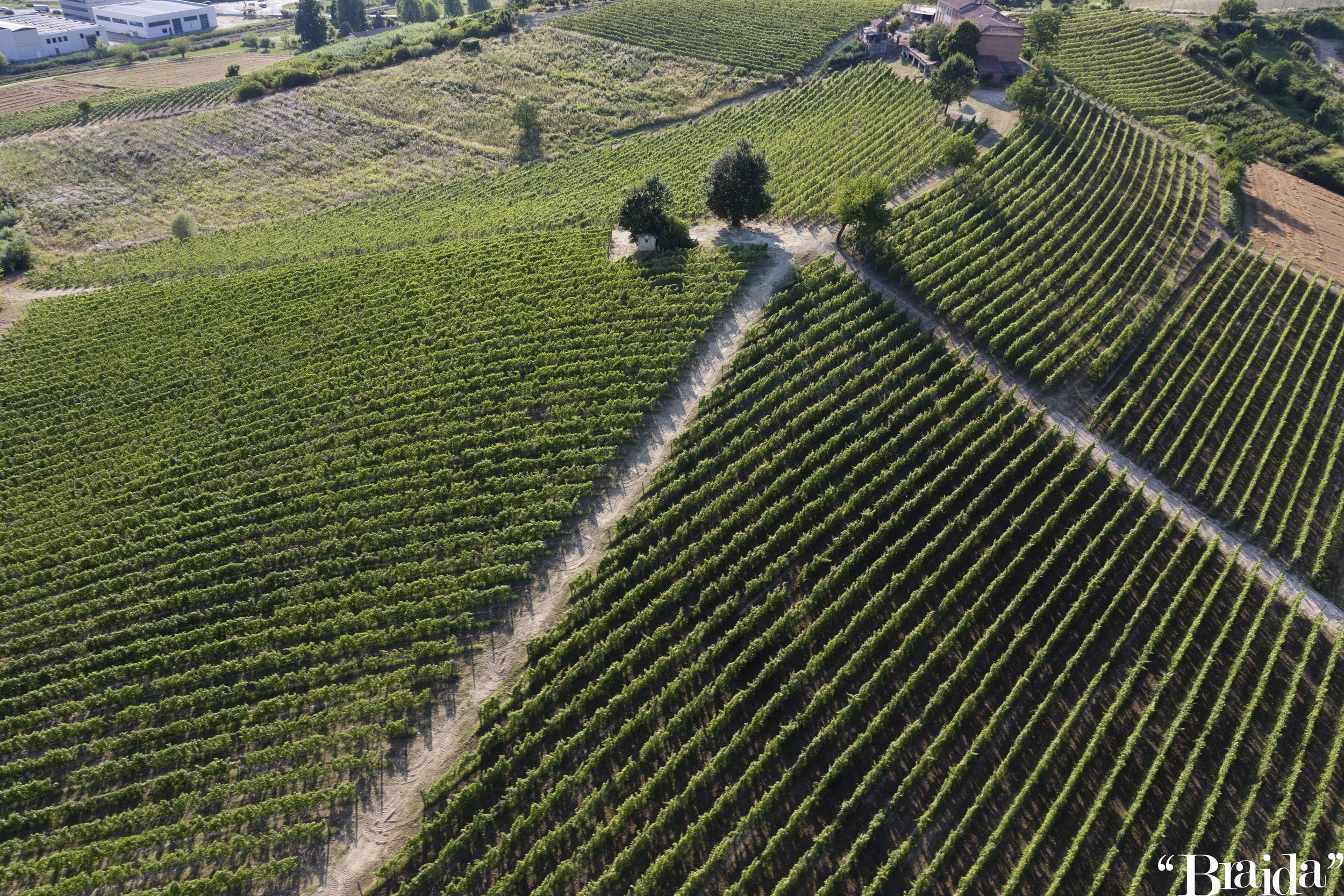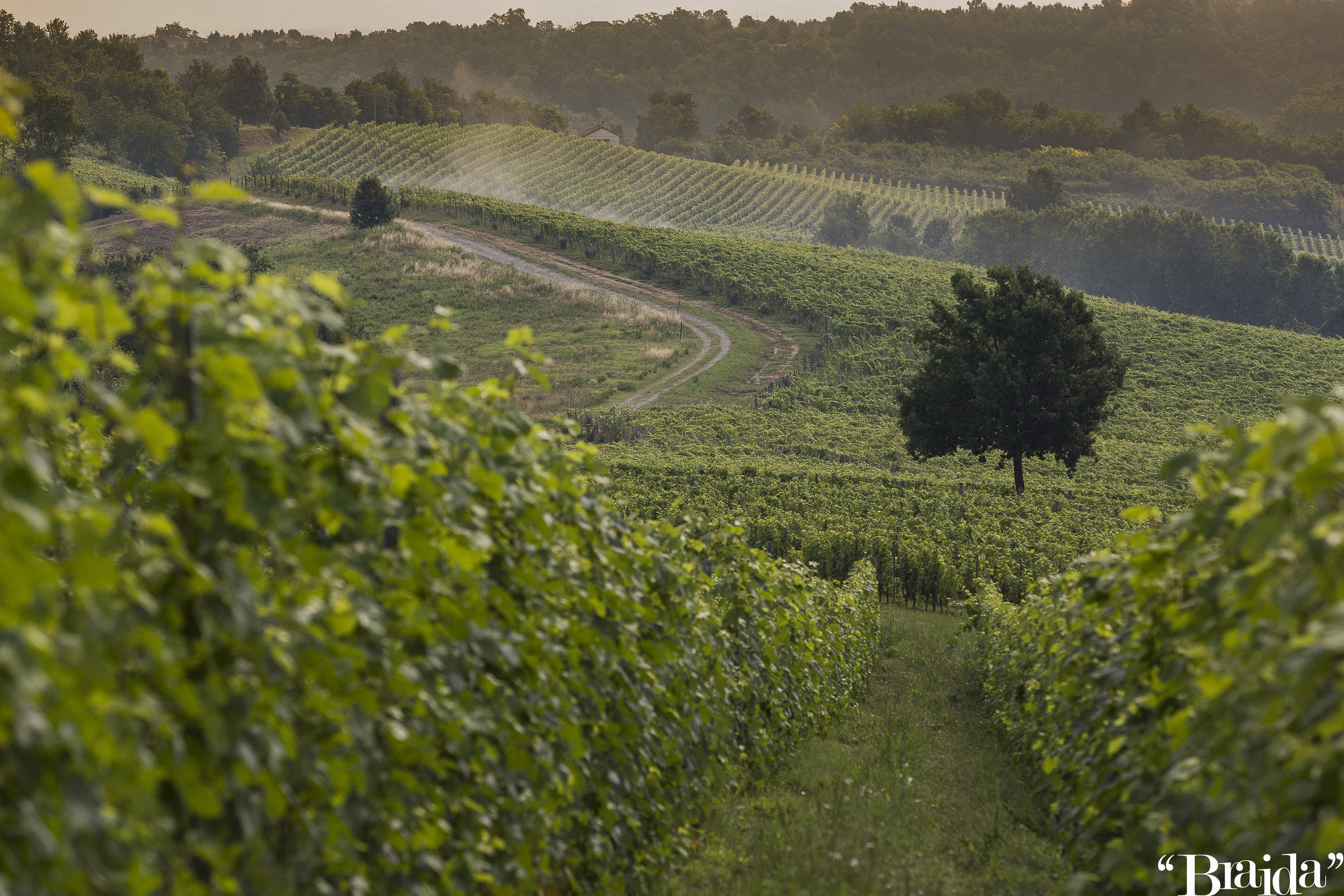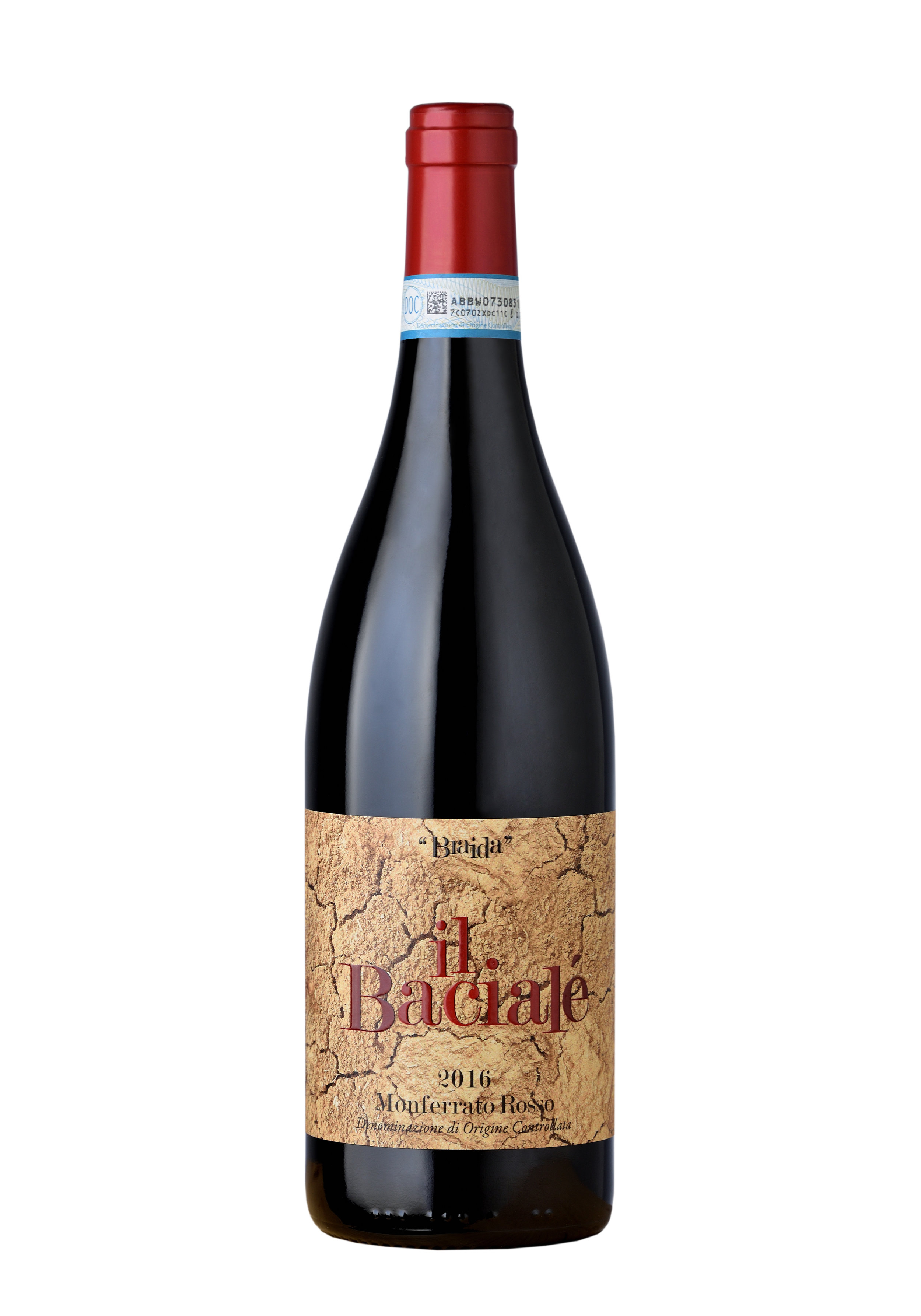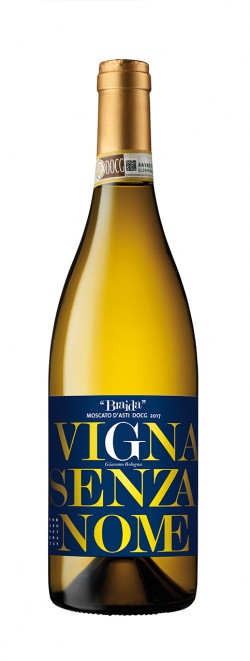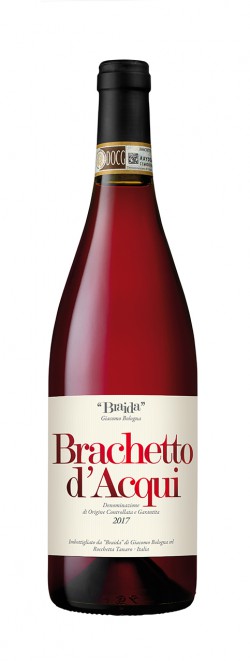The name “Braida” began with Giuseppe Bologna, who carried it as a nickname and passed it on to his great grandson, Giacomo Bologna. Giacomo inherited vineyards from his father, as well as an unconditional love for his land and wine.
While fine Piedmontese wine has almost since time immemorial been synonymous with Nebbiolo, Giacomo Bologna’s hometown of Rocchetta Tanaro was deep in the heart of Barbera country. Giacomo was understandably proud of their local specialty and made it his life’s mission to create a wine that could compete with the world’s finest. Believing in this grape’s inherent potential for greatness, Giacomo ventured to produce a “Super Barbera”, vinifying the grapes into a quality wine and maturing it subsequently in French barriques, a practice unknown to most at that time. He succeeded three times over, first with Bricco dell’Uccellone, the flagship wine of the company, which has now become one of the world’s famous Italian wines, with verticals of more than a dozen vintages frequently appearing on fine restaurant wine lists. Soon after were added “Bricco della Bigotta” a complementary single-vineyard Barbera, along with “Ai Suma”, a then-unprecedented late harvest of Barbera, which has been produced only in the most suitable years since 1989.
Rafaella and Giuseppe Bologna (named for his ancestor), both oenologists, are the third “Braida” generation and are united by Giacomo's initial dream to elevate the Barbera grape into a noble status which is often reserved only for international varieties. Braida produces high quality wines through the selection of suitable sites and use of state-of-the-art winemaking and bottling techniques, including the practice of sustainable viticulture and production. The winery produces 600,000 bottles per year. The vineyards lie in beautiful hills with south-eastern exposure from 150m to 500m above sea level. There is a wide range of temperatures and soil types - medium-heavy texture with sand and clay in Rocchetta Tanaro, Castelnuovo Calcea for their top quality Barbera, and clay and calcareous soil in Mango d’Alba for their sweet wines Brachetto and Moscato d’Asti.

